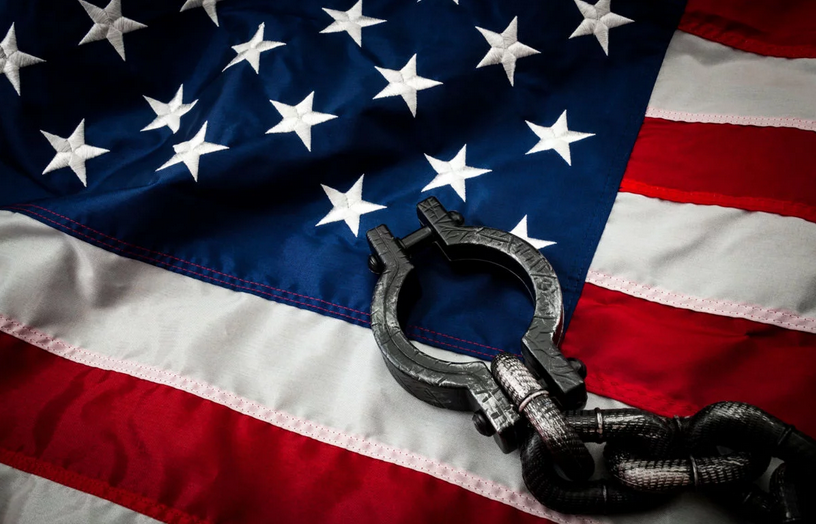Recently, the discourse around reparations, a movement well over a century old, has intensified. As the 2020 election approaches, (mostly white) candidates are weighing in on an issue they have no personal relation to, but all the opinions one could ever hope for. And even those who are not white speak carefully from their positions of state authority. Yet reparations for slavery shouldn’t actually be up for debate, because there’s nothing to debate; the U.S. owes Black people. As a matter of fact, the entire Western world does. These empires have built themselves up and maintained their power through the enslavement, colonization and exploitation of not only the African continent, but African people as well. Still, how we talk about reparations does matter, and we have to be careful when speaking about them with regard to the United States. One of the last things that we should want is a movement that gives legitimacy to the state.
When the subject of reparations comes up, the term “conversation” is tossed around and repeated ad nauseum. It’s often there to neutralize what’s evergreen: white fears of Black demands. This is one of the ways progress dies; matters of oppression and power are reduced to mere disagreements that need to be talked over. Unfortunately, mere discussion is not the solution, and neither is simply hearing “the stories” of oppressed people, although both of those practices can be a beginning. Without further action, this emphasis on “conversation” can contribute to oppression — not take away from it.
Moreover, throughout mainstream conversations about reparations, much of the language disturbingly relies on concepts like worthiness, innocence and goodness. The word “deserve” is doled out through countless commentaries in a way true compensation for slavery never has been. This dangerous rationale of who deserves and who doesn’t is based in white supremacist logic that cages, kills and brutalizes Black people based on our proximity to what a white society deems worthy. These categories associated with being deserving and others like them are almost always injected with anti-Blackness. There’s a difference between what’s deserved and what’s owed, or even more, what’s liberating.


